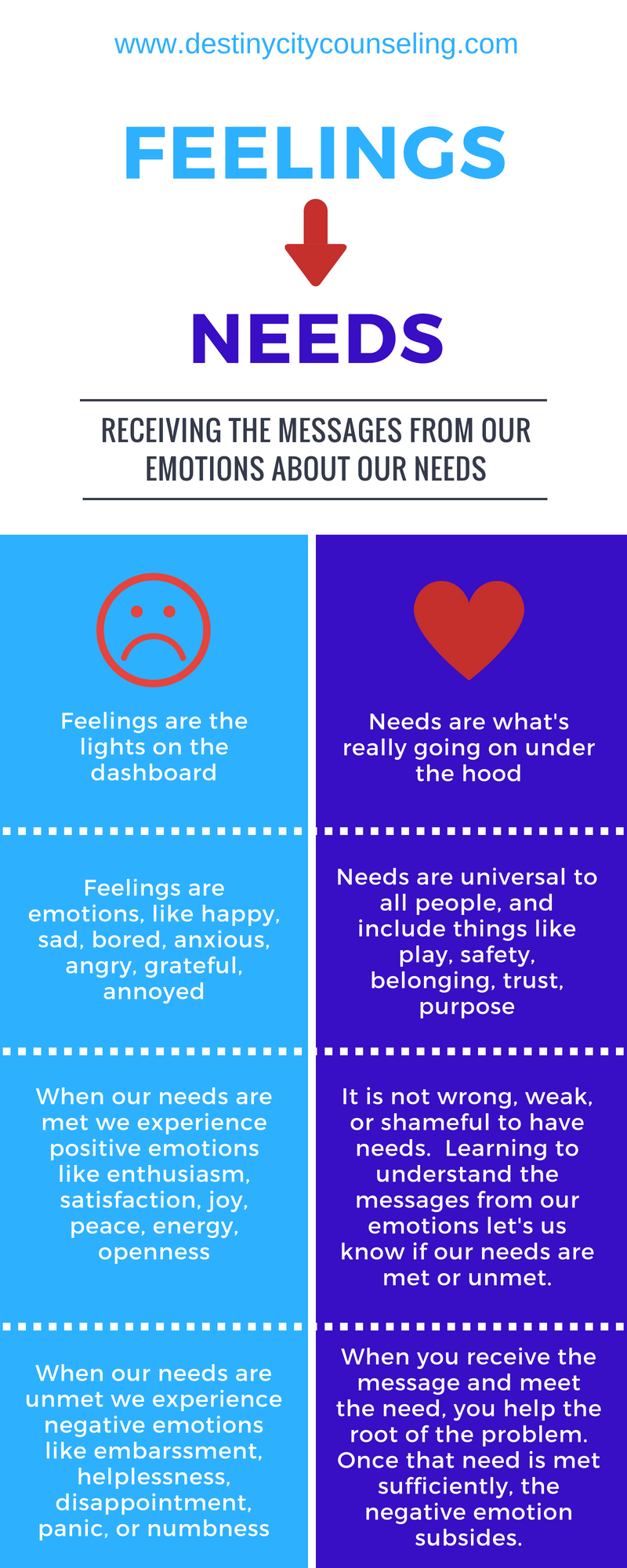What your depression is trying to tell you
As a therapist, I know that usually by the time someone walks into a counselor’s office, their pain level is pretty high. As a person who has struggled with depression myself, I know from my own experience that it took things getting pretty bad before I was willing to actually go seek out help for myself.
By the time I picked up the phone to find a therapist, I was so depressed that I had trouble doing basic things to care for myself like eating regular meals or exercising. At that time I was weighed down almost physically by my negative thoughts about myself, and getting through the day seemed to be so taxing, I wasn’t sure how long I could keep up the effort.
When I had my first meeting with my therapist, I was just ready for her to help me figure out how to make the depression stop. And while I did get some relief from the pain, even from the first session, what she helped me to do was actually a lot more important than just making the symptoms go away.
She taught me how to actually hear the message my depression was trying to tell to me.
All of our emotions are like lights on a car dashboard. One light tells you that you need gas, another to check your tire pressure. Without these lights alerting us to the needs of our car, we would end up broken down on the side of the road, well… a lot! Because most of us have the tendency to go, go, go until we absolutely have to stop do some maintenance.
Our emotions are the same way. They are lights on our dashboard letting us know something under the hood needs our attention. All of our emotions—happiness, sadness, anger, boredom, shame, resentment—are important messages letting us know something in our internal world or in our outside environment needs attention. The type of emotion we are feeling gives us a clue about what action we need to take to meet the need connected to it. In this way, our emotions are incredibly helpful friends, giving us guidance on how to meet our needs.
Imagine that one day you just got fed up with having to get gas. You thought you would solve the problem once and for all by gouging out your tiny little gas light on your dash. You see how that would backfire on your when you’re calling AAA and needing to be rescued a few days later. The consequence of shutting off the gas light, which leads to a costly breakdown, is a lot worse than the perceived inconvenience of regular fill-ups.
The same with our depressive symptoms. If we just want to alleviate the painful symptoms and just make them go away through numbing, avoiding, addictions, or whatever, then we are not addressing the root of the problem, and we pretty much guarantee that this isn’t the last time we will find ourselves in a breakdown.
But if we instead see the symptoms as helpful signals alerting us to look inside ourselves with compassion, to locate our unmet needs, and to give ourselves the attention in those areas that’s required… well, that’s where the real change happens.
In this blog series, we are going to address some of the messages that your depression might be trying to send you. This list isn't exhaustive and it won’t be true for every person, but it will give you some food for thought. Here’s some topics we will get into in future posts:
Depression as a message that your relationships are disconnected
Depression as a message that your spiritual life needs an upgrade
The good news is, once you figure out the message your body wants you to receive, it’s much easier to meet that need and the symptoms often dissipate easily once the root cause is addressed.
If you want some help figuring out the message that your depression is trying to get across to you, it can help a lot to sort through things with a counselor. Call today for a free 15 minute phone consultation to see how I might be able to help.
